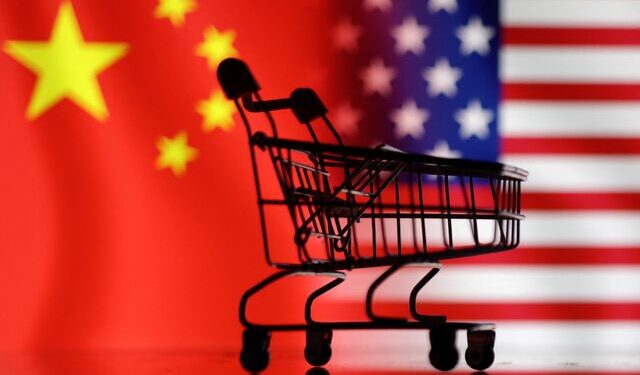China is accelerating efforts to reduce its dependence on the United States across key sectors, from advanced technology and finance to energy and defence, in a sweeping push towards strategic self-reliance. The campaign—quietly gathering momentum over the past three years—has now become central to Beijing’s long-term planning as relations with Washington continue to deteriorate.
At the heart of this shift is President Xi Jinping’s call for “dual circulation,” a strategy that places greater emphasis on domestic production, innovation and consumption, while still engaging selectively with global markets. Officials have intensified policies aimed at building indigenous supply chains for semiconductors, rare earth minerals, aircraft components, and high-end machinery—industries long dominated by Western suppliers.
“America has shown that it can and will weaponise interdependence,” said one adviser to China’s National Development and Reform Commission. “We are designing a future where no foreign power can paralyse our economy.”
Recent US-led sanctions on Chinese firms, including restrictions on advanced chip exports, have served as a catalyst. In response, Beijing has poured billions into its domestic semiconductor industry, with state-backed companies like SMIC racing to produce high-performance chips without American tools or software. Universities and private labs are being mobilised under government directives to close the remaining technological gaps.
The financial sector is also undergoing reconfiguration. China’s central bank has begun expanding trials of its digital currency, the e-CNY, with the goal of bypassing the US dollar in regional trade. Simultaneously, Chinese banks are increasing settlements in yuan with partner nations in Asia, the Middle East and Africa—an attempt to weaken the dollar’s grip on cross-border transactions.
Military self-reliance is another pillar. As tensions rise over Taiwan and the South China Sea, China is investing heavily in domestic arms production. The People’s Liberation Army is now largely supplied by homegrown defence contractors, many of which have been insulated from US export controls. Satellite constellations, navigation systems, and communications networks are also being de-Americanised to avoid vulnerability in a conflict scenario.
For ordinary Chinese consumers, the shift is already visible. Tech brands once dependent on Google or Intel are now rolling out devices powered by Chinese chips and operating systems. There is growing official promotion of “guochao”—the trend of favouring domestic products over foreign ones—as both patriotic duty and economic necessity.
International observers warn that this self-reliance campaign could mark a turning point in globalisation. “We’re watching a deliberate decoupling from the US—not just defensive, but ideological,” said a European diplomat based in Beijing. “China believes that dependency is a weakness. And it’s acting accordingly.”
While full independence remains a long-term ambition, the direction of travel is clear. With geopolitical competition sharpening, Beijing appears increasingly determined to ensure that the next chapter of its rise is written without American permission or parts.
newshub finance




Recent Comments